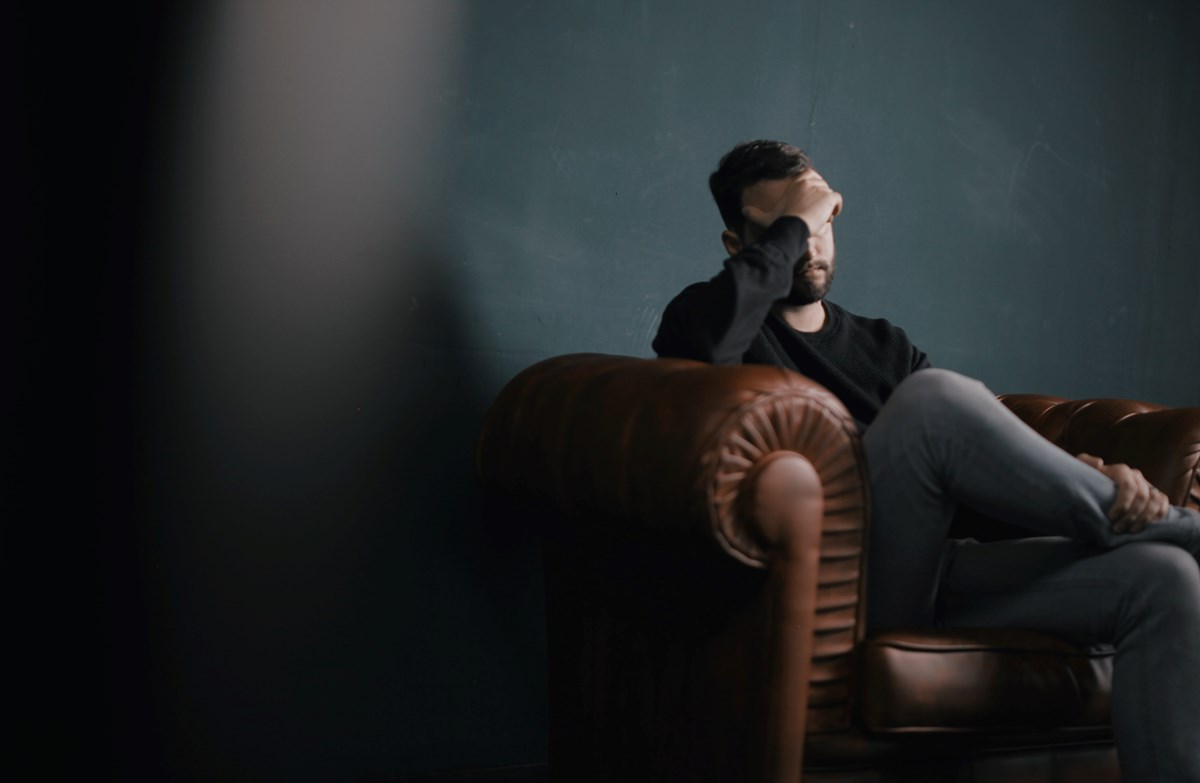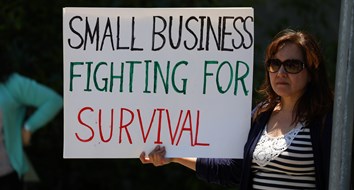As The Independent reports:
Happiness among Americans has fallen to the lowest level in nearly five decades during the coronavirus pandemic, according to a new poll.
The Covid Response Tracking Study, conducted by the National Opinion Research Center (NORC), found that morale was at the lowest point it has ever been since tracking emotional health trends began in 1972. (...)
For the first time in 48 years, more people said they were unhappy than very happy.
NORC is at the University of Chicago. The survey took place in late May, while much of the country was under lockdown.
As the study said:
With many social distancing guidelines in place, about twice as many Americans report feeling isolated at least sometimes compared to two years ago (50% vs. 23%).
Another factor seems to be dim prospects for their children:
Forty-two percent of Americans believe that their children’s standard of living when they are older will be better than their own standard of living—a sharp decline from 57% in 2018 and the lowest level of optimism for the next generation since first measured in 1994.
Some of the findings are surprising, for example:
...an all-time low in people saying they are very happy (14%) combined with an all-time high in people saying they are satisfied with their family’s financial situation (80%).
The study interprets this as follows:
These contrasting findings suggest that people are comparing their happiness to their own psychological well-being before the pandemic while assessing their finances in relation to the millions of fellow Americans who have lost jobs, wages, or investments following the outbreak.
Fair enough. For example, those who are able to work from home may feel lonely and low and yet grateful for their continued income. But how does high financial satisfaction square with low optimism for the prospects of one’s children?
Perhaps it’s a sense among the still-employed that they may be financially fine for now, but the hardship of the economic recession will eventually come knocking at their family’s door.
This is sad but also wise. The lockdowns have decimated America’s small businesses and many categories of workers. To think that the economic destruction will stay contained to those sectors, and that home-office workers will go largely untouched financially, would be wishful thinking on the level of the dog in the popular meme who says “This is fine” and continues to sip his coffee while the flames of a house fire get closer and closer.
The economy is highly interconnected and interdependent. The government cannot simply “pause” a huge swath of it without a massive downturn eventually reaching most of the rest of it.
No amount of money printing at the Federal Reserve will change that, except to make it worse. No amount of Wall Street bailouts or federal “relief” to individuals will change that, except to make it worse.
Ultimately, our living standards depend on production through work and investment. Money-printing, bailouts, and relief do not create wealth. They only destroy wealth in the process of shifting it around from person to person.
If many of our workers and much of our capital are forced to remain idle, there is less production and therefore fewer goods and services to go around. Sooner or later, this impoverishes everyone except the elite few who manage to always stay on the receiving end of redistribution.
So, American parents are right to worry. The lockdowns are rapidly plundering the future of their children. However, most Americans are so trusting in the government, they are failing to even ask the natural next question: is it worth it? This amounts to an abdication of their responsibility as parents.
It is long past time Americans move beyond impotent worry and blind trust and to embrace a higher level of individual action and responsibility. Such self-empowerment will lead to greater happiness and hopefulness, especially if it salvages the future for their children.





